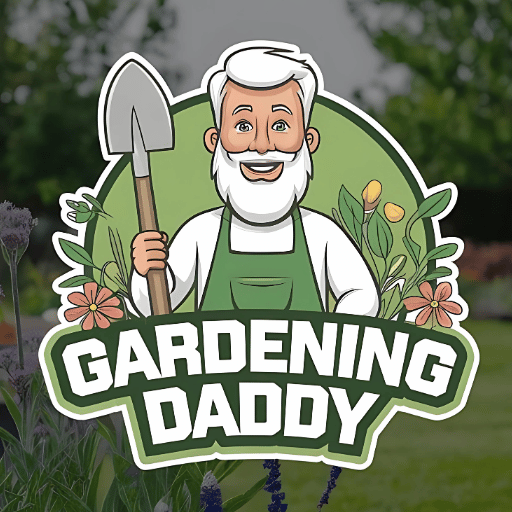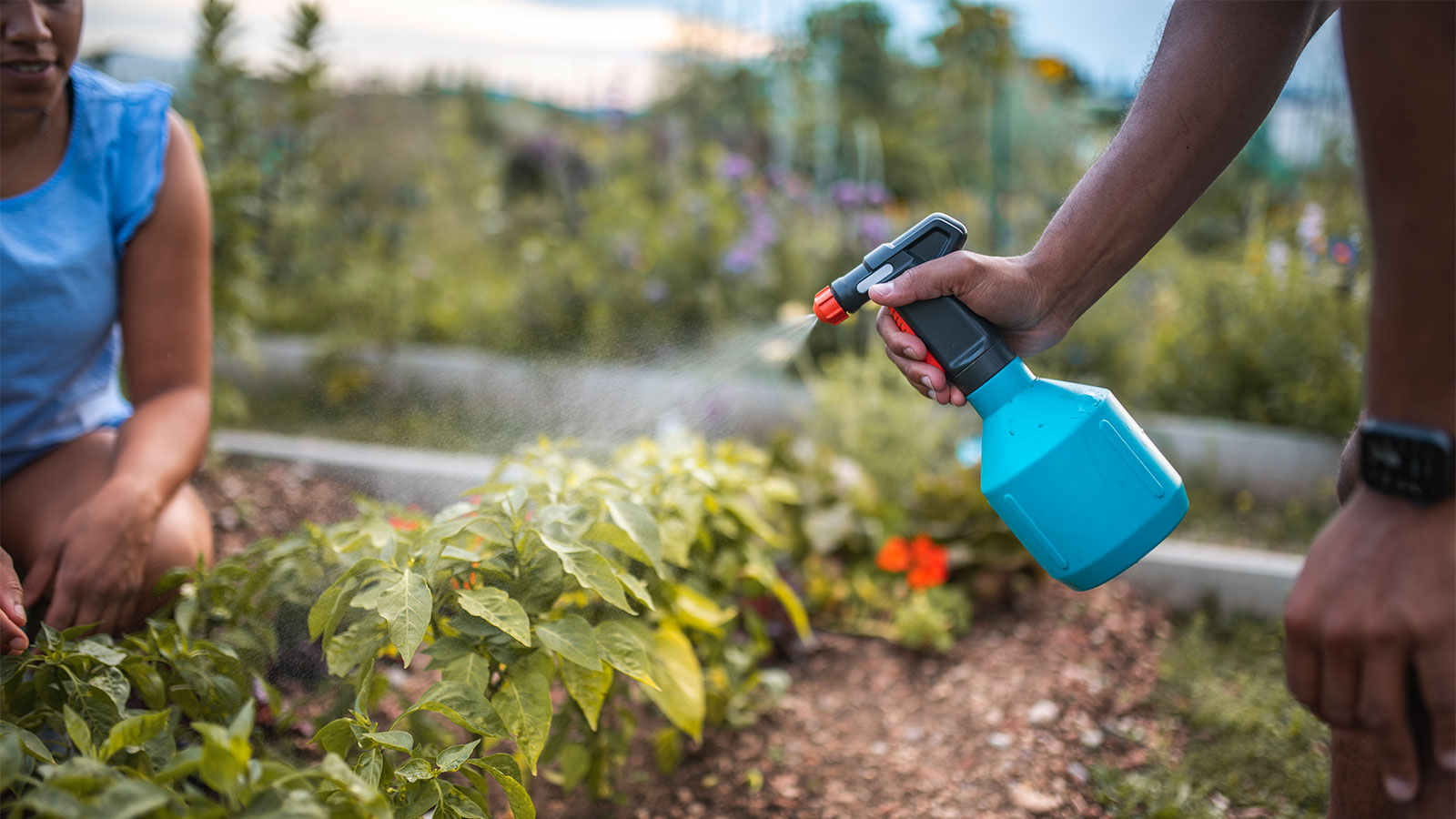Maintaining a vegetable garden can be rewarding, but it comes with its challenges—one of the most common being pests. Insects and critters can wreak havoc on your plants, compromising your harvest and leaving you frustrated. Knowing how to prevent pests in a vegetable garden is crucial for ensuring a healthy, productive harvest.
In this guide, we’ll explore effective, eco-friendly pest prevention strategies, so you can enjoy a thriving garden without resorting to harsh chemicals.
Understanding Common Vegetable Garden Pests
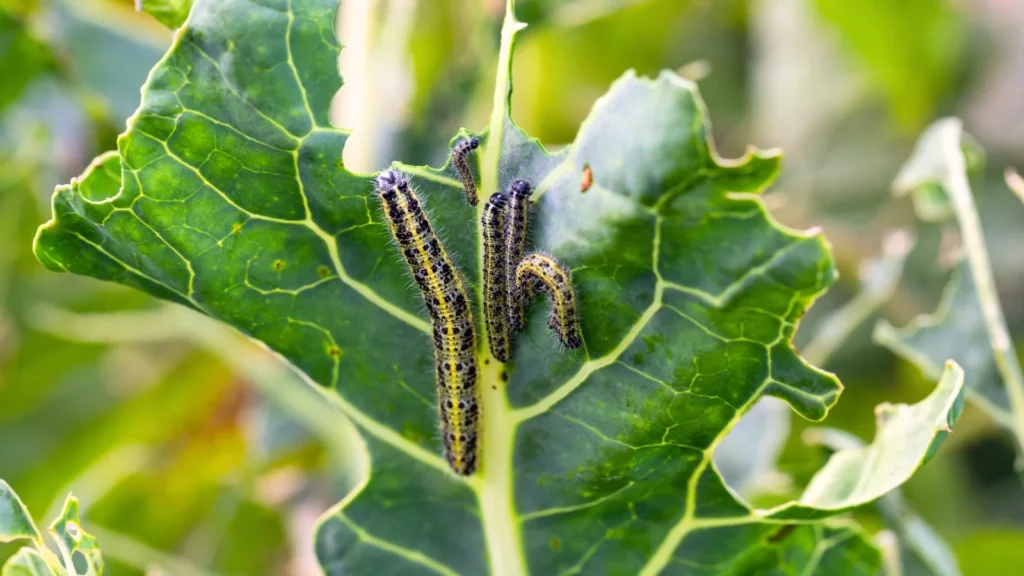
Before diving into prevention methods, it’s essential to understand what you’re up against. Different pests can attack various parts of your plants, from leaves to roots. Here are some of the most common pests:
- Aphids: Tiny, sap-sucking insects that weaken plants by feeding on their leaves.
- Caterpillars: Voracious eaters that chew through leaves and stems, stunting plant growth.
- Slugs and Snails: Known for leaving large, irregular holes in leaves, especially in cool, moist conditions.
- Whiteflies: These small, winged insects suck plant juices, causing leaves to yellow and wilt.
- Spider Mites: They cause speckling on leaves and produce a fine webbing on plants, leading to defoliation.
- Cutworms: Caterpillars that chew through plant stems, often cutting them off at the base.
Identifying these pests early on is crucial to preventing an infestation. Regularly inspect your plants for signs of pest activity, such as chewed leaves, holes, or sticky residue.
Natural Pest Control Methods
For eco-conscious gardeners, natural pest control methods are often the first line of defense. These methods are safe, effective, and can help maintain the natural balance in your garden.
- Companion Planting: Certain plants can naturally repel pests. For example, marigolds are excellent at keeping aphids at bay, while basil can deter mosquitoes and flies. Incorporating these plants alongside your vegetables can significantly reduce pest issues.
- Introducing Beneficial Insects: Not all insects are harmful. Ladybugs, lacewings, and spiders are natural predators that help control pest populations. By encouraging these beneficial insects to inhabit your garden, you can create a natural pest control system.
- Using Organic Pesticides: If pest populations become overwhelming, consider using organic pesticides like neem oil or insecticidal soap. These are effective at controlling pests without harming beneficial insects or contaminating the environment.
Physical Barriers to Protect Your Garden
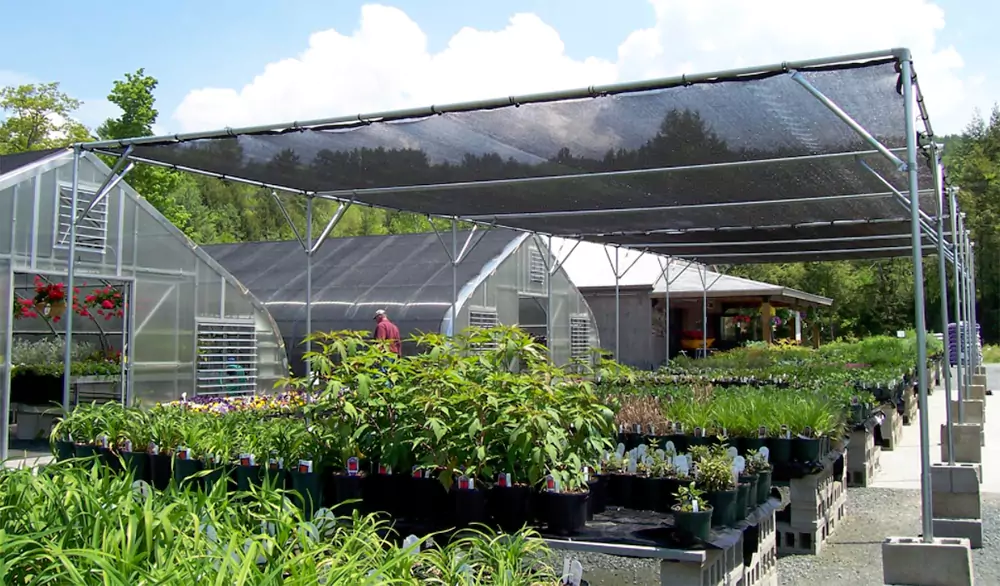
Physical barriers can act as an extra layer of protection for your plants. They work by preventing pests from accessing the crops in the first place.
- Row Covers and Garden Mesh: These lightweight fabrics are placed over plants, creating a barrier that blocks insects while allowing sunlight and moisture to reach your crops. Row covers are particularly useful for preventing moths from laying eggs on your plants, which hatch into destructive caterpillars.
- Fences and Traps for Larger Pests: If you’re dealing with larger pests like rabbits, deer, or squirrels, consider installing garden fencing or using humane traps. Netting or fencing around the perimeter of your garden can deter these animals from entering and feasting on your vegetables.
Proper Garden Maintenance to Discourage Pests
A well-maintained garden is less likely to attract pests. By keeping your garden clean and healthy, you can reduce the likelihood of pest infestations.
- Regular Weeding: Weeds provide shelter for pests, so regular weeding is essential. Eliminating weeds reduces the number of hiding spots for insects, making your garden less inviting to pests.
- Crop Rotation: Rotating your crops from season to season helps break pest life cycles. Pests that overwinter in the soil may not find the same plants in the same spot, disrupting their breeding and feeding patterns.
- Proper Watering and Fertilization: Healthy plants are more resistant to pests and diseases. Make sure your vegetables are properly watered and fertilized, but avoid overwatering, as excessive moisture can attract pests like slugs and snails.
Creating a Pest-Resistant Garden Environment
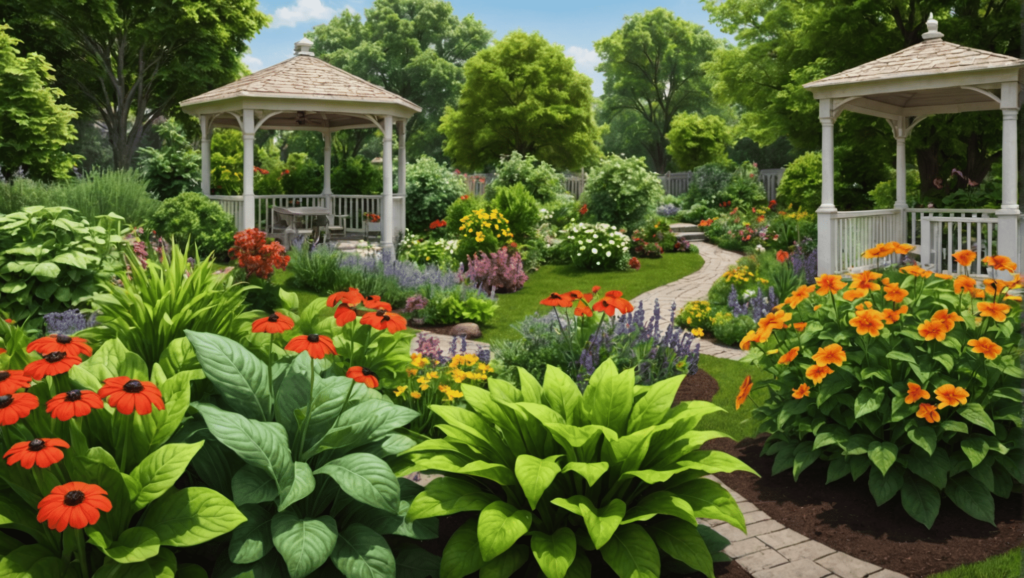
Creating an environment that naturally repels pests is one of the most effective long-term strategies. Here’s how you can do it:
- Choose Pest-Resistant Plant Varieties: Some vegetable varieties have been bred to be resistant to specific pests. When planning your garden, opt for varieties that are known to resist common pests in your region.
- Improve Soil Health: Healthy soil produces strong, resilient plants. Enrich your soil with compost and organic matter to promote plant health and reduce the likelihood of pest infestations.
- Use Mulch: Mulch helps suppress weeds, retain moisture, and regulate soil temperature. It also creates a barrier that can deter pests, such as slugs, from reaching your plants.
Homemade Pest Remedies
If you prefer a DIY approach, homemade pest remedies can be highly effective. Many of these solutions use ingredients you likely already have at home.
- Garlic Spray: Garlic has natural insect-repelling properties. To make a simple garlic spray, blend a few cloves of garlic with water, strain the mixture, and apply it to your plants. This can deter aphids, whiteflies, and other pests.
- Neem Oil: Neem oil is a powerful natural pesticide. It disrupts the life cycle of pests, preventing them from feeding and reproducing. Dilute neem oil with water and spray it on your plants every week to keep pests under control.
- Companion Plants: Planting garlic, onions, or chives near your vegetables can naturally deter pests. These plants emit strong scents that many pests find unappealing.
Conclusion
Keeping pests out of your vegetable garden doesn’t have to be difficult or harmful to the environment. By implementing these strategies—from natural pest control and physical barriers to homemade remedies and proper maintenance—you can protect your plants and enjoy a healthy, bountiful harvest.
Don’t wait for pests to become a problem. Start preventing them today and ensure your vegetable garden thrives throughout the season.
For more gardening tips and expert advice, check out Gardening Daddy.
